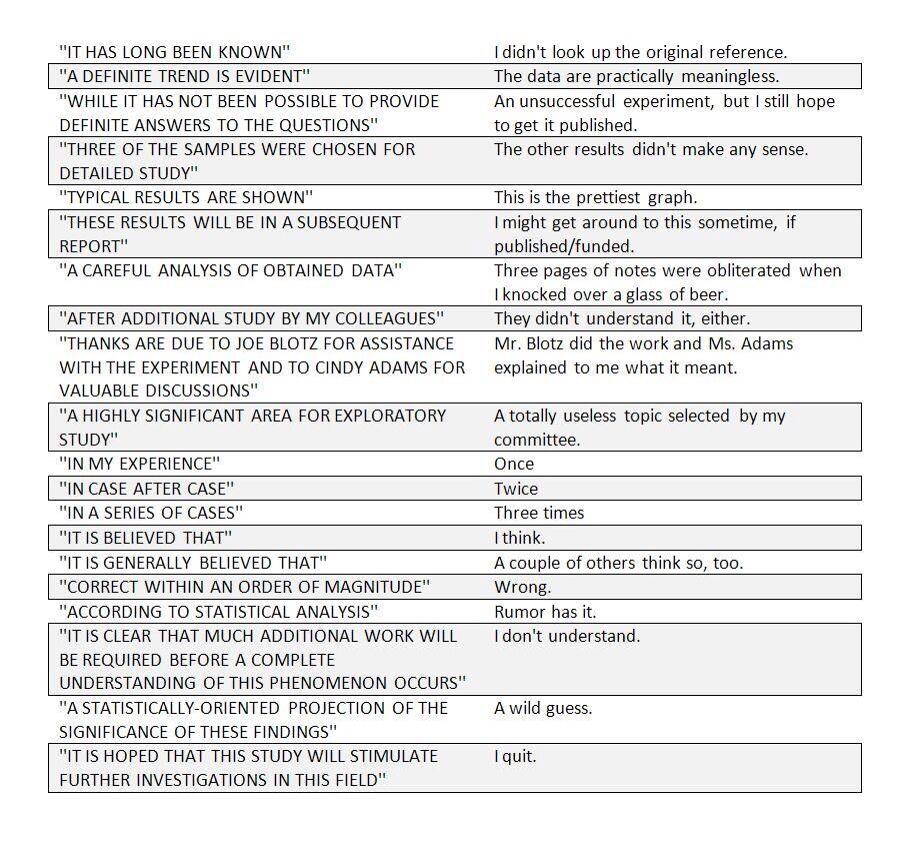…took no prisoners on CNN last night in a debate with a couple warm mongers.
Category Archives: Science And Society
Climate And Weather
Judith Curry has a post up on today’s Congressional hearing.
A Boycott Of Top Science Journals
…by a Nobel Prize winner:
…leading scientists know that the “prestige” academic journals are biased in favor of flashy and politically correct research findings, even when such findings are frequently contradicted by subsequent research. This is important in the context of the global warming debate because Nature and Science have published the most alarmist and incredible junk on global warming and refuse to publish skeptics. (Full disclosure: Nature ran a negative editorial about us a few years back and a much better but still inaccurate feature story.) Claims of a “scientific consensus” rely heavily on the assumption that expertise can be measured by how often a scientist appears in one of these journals. Now we know that’s a lie.
This was one of the revelations of Climaquiddick, that the warm mongers continue to try to paper over.
How To Read A Scientific Paper
A New Constitutional Right
This is nutty on multiple levels:
They argue that they have a constitutional right to a safe climate, that they have a right to receive from us a planet that supports all life, just as our forebears gave us.
Even ignoring that there is no such “right,” what the hell is a “safe” climate?
And I love this:
We know without a doubt that gases we are adding to the air have caused a planetary energy imbalance and global warming, already 0.8 degrees Celsius since pre-industrial times. This warming is driving an increase in extreme weather, from heat waves and droughts to wildfires and stronger storms (though mistakenly expecting science to instantly document links to specific events misses the forest for the trees).
Got that? We know that carbon is causing extreme weather events, but don’t expect us to provide any scientific basis for it.
Hansen is a loon.
Venerian Gas-Phase Processes
Jon Goff has another post up on utilizing the upper atmosphere of Venus.
Statin Madness
This time, it’s personal:
How could any doctor in his/her right mind write such a prescription for an 86 year old, totally paralyzed man who has normal cholesterol? Even one who has elevated cholesterol? After about age 50, the higher the cholesterol, the greater the longevity. So, again, why would anyone write a prescription for a non-benign drug to an elderly patient? Plus, the chance for rhabdomyolysis is greater in the elderly who take statins as well as those who are taking a ton of other drugs, as is my dad. It’s a set up for disaster with no potential upside to balance the risk. It is blind stupidity to prescribe a statin under these circumstances.
And not just any old statin. The script was for a large dose of Lipitor, a fat-soluble statin. Fat soluble statins are much more likely to be involved in drug interactions, and they can induce insulin resistance and possibly cause diabetes. If you’re going to give an unnecessary drug, why wouldn’t you at least give one with the fewest side effects?
As I’ve noted in the past, I think that nutritional witch-doctory killed my own father a third of a century ago.
[Update a few minutes later]
A debate on the science of statins.
The Fallacies Of Risk
Some thoughts on their application to climate policy, in response to Judith Curry’s take.
As I noted on Twitter, two points. First, there really is no good physical case to be made that warmer global temperatures results in more extreme weather events. Storms are heat engines, driven by temperature differences, not total enthalpy. Also, I wrote about the fallacy of the precautionary principle as applied to climate policy four years ago.
The Global Warming “Consensus”
…is crumbling:
I am a Fellow of the American Meteorological Society and a Certified Consulting Meteorologist. To the best of my memory I never had a chance to respond to this poll of the AMS membership.
That said, the fact that 70% of scientists say that humans affect the climate is utterly unsurprising. That has been known scientifically since Changnon’s METROMEX study in the early 70′s. The fact that 9 out of ten that publish on the subject of climate believe humans affect the climate is also utterly unsurprising.
For me, the money question was #6, “How worried are you about global warming?” Only 30% answered “very worried.” This would make 70% of the respondents “deniers” since that perjorative term seems to be applied to anyone who does not accept the “IPCC consensus” of catastrophic global warming. A statistically similar number (28%) is not worried or “not very worried” about global warming.
So, you can spin the results any way you want but this survey of a small number of AMS members doesn’t reveal any great concern about global warming.
Yup. All of this talk about consensus is just an attempt to bully people into their socialist “solutions” to a non-existent problem.
Antibiotic-Resistant Superbugs
A new protein has been found that may be effective against them.
Faster, please.
